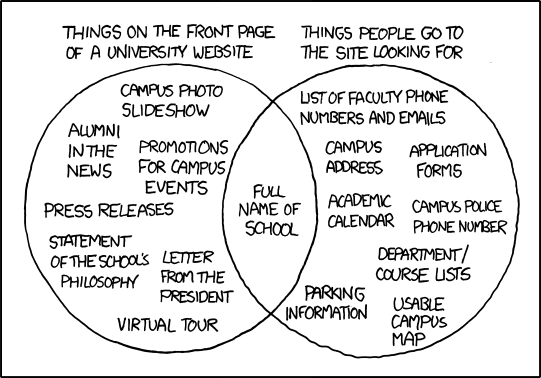From a comment on Facebook that got very long.
Record companies got started because of the high cost of production & distribution, since they could centralize those processes. While those are each much cheaper (esp. distribution), production still costs a fair chunk of change.
The power of a label is that it can take a young artist and make an investment in that artist, provide facilities and promotional power, and then (hopefully) cash in on the artist's success. You seem to be suggesting that this is possible without the company, when I'm not convinced that's the case.
Consider this: I worked this summer for a non-profit that's trying to set up micro-franchising in developing countries, where the non-profit trains and supplies a distributor who sells valuable goods (like solar powered lights & cheap medical supplies) to people in the surrounding area. The goods are cheap to produce & sell, and they make a real difference.
BUT, sometimes the franchises fail. Goods get stolen (without police to investigate), franchise owners don't sell the stuff, and the goods might get damaged. The only way for the non-profit to protect itself against financial insolubility is to charge a small commission on the goods sold by successful franchisees, to pay for the % of franchises/training that fail.
The real world implication of this is that while shopowners know that they wouldn't be successful without the training, and know that their improved situation is due to the non-profit, they quickly get annoyed at the % of profit going to the non-profit and claim it's "not fair." This problem is bad enough that there are suggestions to hide that hidden cost in the supply costs of the goods so that the franchisee never sees the $ going to the non-profit, but that's not open or fair.
Yet someone could look at this situation and claim, correctly, that the people doing the real world are getting gipped and the non-profit is making a net profit off of them.
The difference between this and the above is that a record company is for-profit. Wouldn't then, it make the most sense to make music distribution/promotion a non-profit industry?
Justin Bieber was a success on youtube, but it took a record company to make him a star. I don't love his music, but I can't help but think that without these centralized promotion and production machines, talented artists will remain in unfortunate obscurity.
P2P has had good effects, and the industry does have problems, but someone has to pay for that initial investment. If not a label, than who?
Trump’s Move for Regime Change in Venezuela Threatens a New MAGA Rift
-
Some Republicans are asking how Mr. Trump’s military intervention in
Venezuela squares with his past pledges to avoid foreign entanglements and
nation buil...
35 minutes ago


